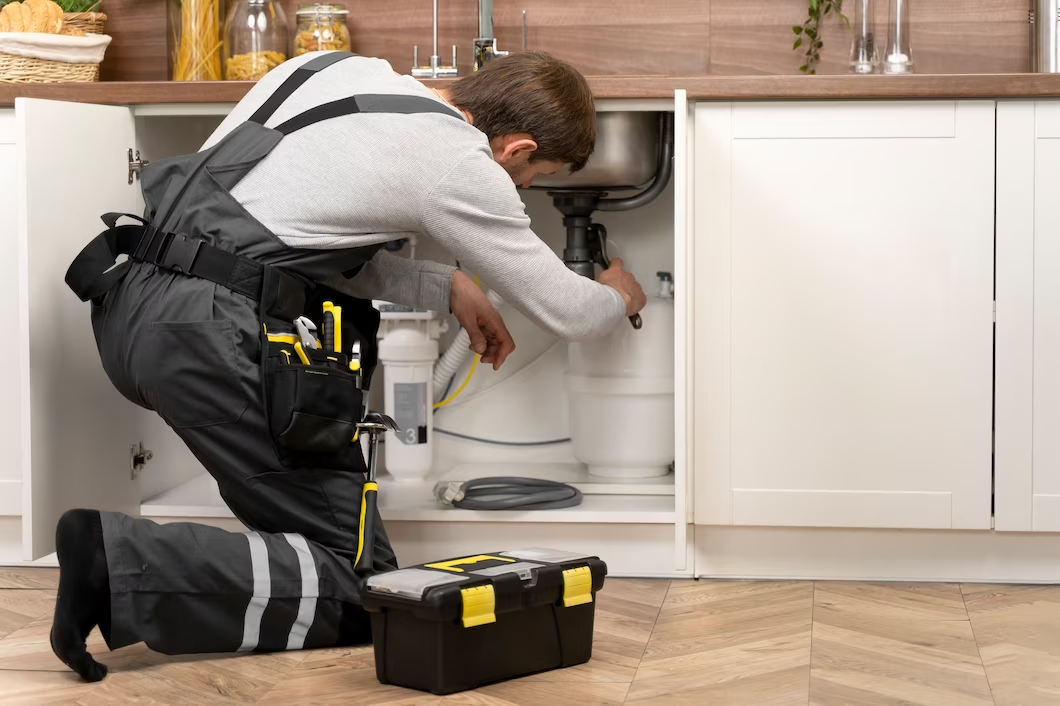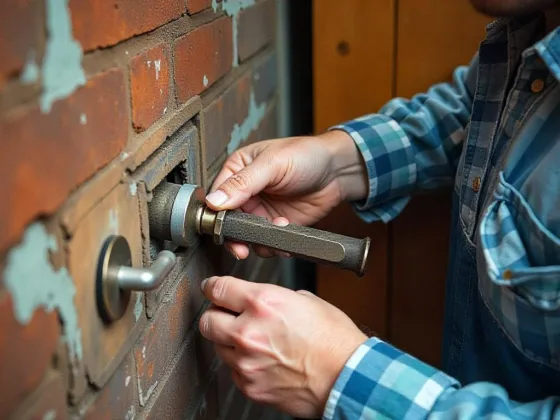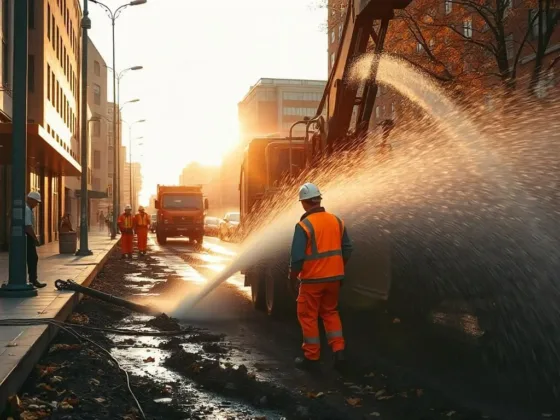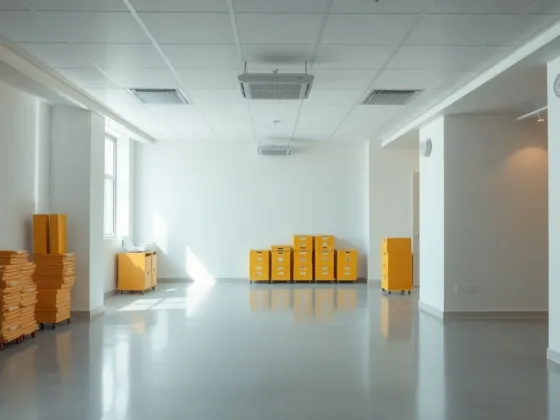Table of Contents Show
If you have a business, you know that plumbing is essential to the smooth running of your company. However, it’s not always easy for business owners and managers to understand exactly what constitutes commercial, residential, or industrial plumbing.

And even if you know these terms, it can be hard to determine which type of plumbing process best suits your needs.
To help with this situation, we’ve put together some basic information about each type of plumbing so that no matter what kind of business you have or how much equipment you regularly use—from computers and printers to servers and fax machines—you’ll always be prepared when something goes wrong:
There Are Three Different Types of Plumbing
There are three different types of plumbing- commercial, residential, and industrial.
- Commercial plumbing is used in restaurants, retail stores, and offices. It includes sinks, faucets, and other fixtures you see daily, such as water coolers or ice machines.
- Residential plumbing is used in homes and apartments. It includes sinks, showers, toilets, and other fixtures you see daily, such as water coolers or ice machines.
- Industrial plumbing is used in factories, warehouses, and other workplaces where heavy machinery is operated. This type of plumbing includes pipes that carry fluids such as water or gas under high pressure.
Read Also:
Commercial Plumbing Is Used in Restaurants, Retail Stores, And Offices
It’s different from residential plumbing because the fixtures are bigger and more complex. This means that commercial plumbing projects are more expensive than residential ones.
Commercial plumbing is much more than fixing leaks and cleaning out drains. It includes designing and installing everything from water heaters to industrial dishwashers. This can be a highly complex process, which is why many commercial plumbers have an engineering degree or certification.
Residential Plumbing Is Used in Homes and Apartments
Residential plumbing is used in homes and apartments. It can supply water, remove wastewater and perform other functions necessary for everyday life.
Residential plumbing usually uses metal, plastic, or PVC pipe as its primary material. When you hear someone talking about “plumbing,” they most likely refer to residential plumbing unless otherwise stated.
Residential plumbers install and repair residential systems when they break down or malfunction. Before handing them over to homeowners, they inspect new installations to meet code requirements.
Industrial Plumbing Is Used in Factories, Manufacturing Plants, And Large Warehouses
Industrial plumbing is used to move large amounts of water quickly. Industrial plumbing is often found in manufacturing plants and warehouses, where the pipes carry fluids for cooling or heating systems.
Industrial Plumbing Systems:
- Water supply lines connect to your building’s water central, which provides fresh potable water to your business. These pipes should be checked regularly for leaks, corrosion, or other damage that may cause structural damage or harm employees who use them daily (i.e., drinking fountains).
- Drainage systems collect wastewater from sinks, toilets, and other fixtures before it can spill onto floors or into basements/crawlspaces, where it could cause mold growths over time if not correctly cleaned up regularly by someone with experience working with these types of systems!
Give Your Employees Basic Training on Handling Plumbing
You might be tempted to take on plumbing issues yourself if you’re a business owner. But before you do, your employees must know how to handle fundamental plumbing problems.
There are several steps you can take to ensure that they’re prepared:
- Train your staff on the basics of plumbing repair and maintenance. You should include information about how pipes work and what causes them to break down; how water pressure can affect the performance of faucets; how filters work; what types of tools are needed for different jobs (including wrenches); etc.
- Test new hires on their knowledge during orientation or training sessions–and reinforce this information regularly throughout their tenure at the company by giving them periodic quizzes about different aspects of plumbing (e.g., “What does this valve do?”).









